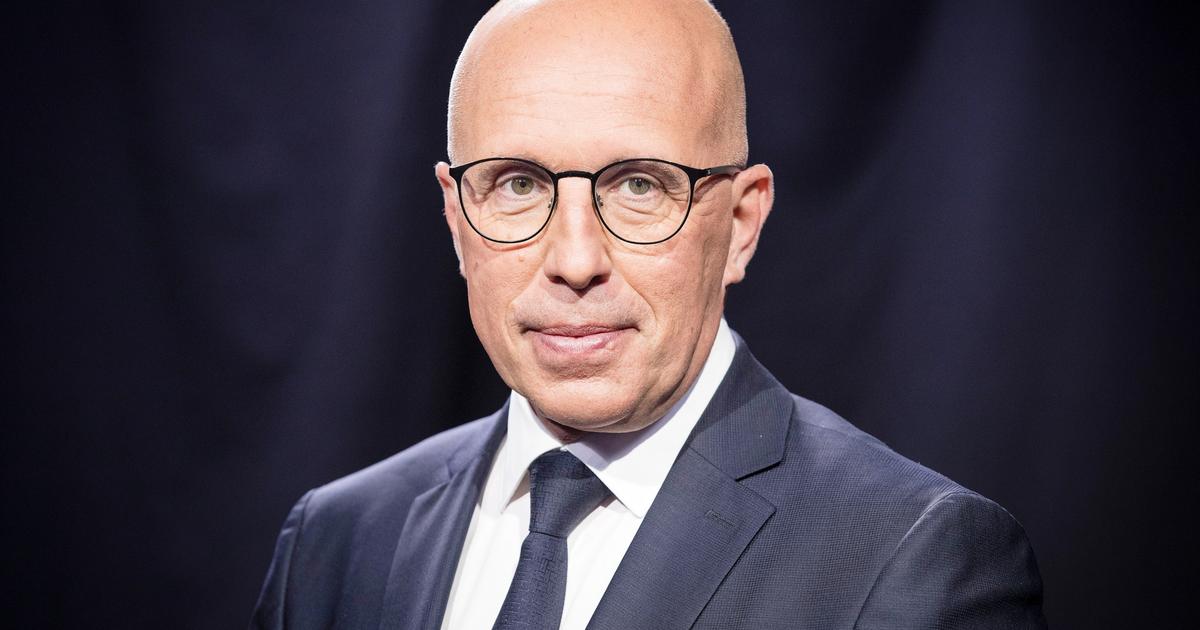Unprecedented Media Bias in Upcoming European Election Exposed
The upcoming European elections have stirred significant controversy in France, stemming from an alleged media bias favoring President Emmanuel Macron. Senior political figures, notably Éric Ciotti of Les Républicains and leaders from other major parties, are voicing strong objections against Macron's scheduled television intervention just days before the election.
Éric Ciotti, in a sharply worded letter to the Regulatory Authority for Audiovisual and Digital Communication (Arcom) revealed by Le Figaro, criticized the timing and content of Macron's television appearance on TF1 and France 2. Ciotti described the intervention as 'unbalanced' and inappropriate, arguing that the topics, including the international situation and European Union policy, directly relate to the upcoming election. Ciotti further noted that no pressing international events justify such a speech, especially on the eve of the election.
Adding to Ciotti’s indignation, La France Insoumise has also approached Arcom to ensure Macron's airtime is deducted from that allocated to Valérie Hayer, the head of the Renaissance list. Manon Aubry, head of the LFI list, expressed her concerns on RTL, deeming it unfair for Macron to have prime time right before the campaign's end.
Further criticism came from Olivier Faure, leader of the socialists, and Fabien Roussel of the Communist party. Faure sarcastically dubbed the president 'Fidel Macron' and criticized his ability to campaign without immediate response. Similarly, Roussel remarked that the situation fooled no one.
The speech's timing, coinciding with the commemorations of the 80th anniversary of the D-Day landings, exacerbates the issue. These events, attended by notable figures like President Joe Biden and his wife Jill, have already granted Macron substantial media coverage. Critics argue that adding a politically charged speech on the European elections and international matters like the situation in Ukraine and Gaza gives Macron an undue advantage.
Raphaël Glucksmann, a candidate from PS – Place Publique for the Europeans, acknowledged that discussions about the commemorations are acceptable. However, he emphasized that addressing the European elections days before the polls is unequivocally inappropriate. Valérie Hayer attempted to justify Macron's address by highlighting its global significance, stressing its international viewership.
This controversy exemplifies the delicate balance of media coverage during election campaigns and the potential influence of incumbency on public perception. As political figures vie for equitable media exposure, this incident underscores the need for stringent regulations ensuring fair play in electoral contests.
- The rules governing **speaking times** are stringent, given the speaking periods are meticulously monitored from April 15 until the day before the election, June 8. Political candidates' statements and their supporters' speeches are all factored into the total tally, ensuring no single candidate receives disproportionate media attention.
- Emmanuel Macron's previous speeches, such as the one at Sorbonne University on April 25, were thoroughly scrutinized and ultimately counted towards his **campaign time**. This regulatory diligence aims to maintain a level playing field, although recent events suggest ongoing challenges in balancing media exposure.






